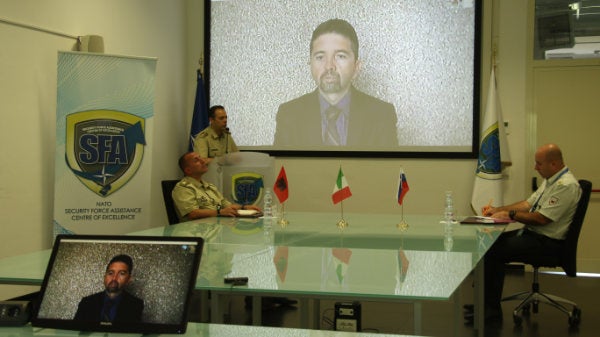WHAT ARE THE UNSTABLE SITUATIONS IN THE NATO SOUTHERN FLANK?
After the Arab springs, the various phases of Jihadist terrorism (from Al Qaeda to DAESH) and the civil wars (which later became proxy wars) in Iraq, Libya, Syria and Yemen, the MENA region, including the Sahel, is in a phase of constant instability, exacerbated by demographic and climatic changes and by competition between great powers. The African continent is projected to reach 4.5 billion people by the end of the century, with the largest population growth in human history (counting a fertility rate of 4.5 children, compared to other continents stabilized on an average of 2).
At the same time, global warming will produce an ever-increasing desertification and scarcity of resources, primarily water and food, with the threat of natural disasters and new pandemics in Africa. Finally, competition between major powers in the region is in a new phase of “scramble for Africa” with modern means, especially economic, but in some parts (Libya, the Sahel, the Horn of Africa) also military. The future of the South NATO region will therefore be played out on various aspects, which may produce complex challenges, but also opportunities for growth and stabilization, especially if international actors, primarily NATO-EU-UN-AU, provide long-term strategies with efficient and effective cooperation. In this context, Security Force Assistance, with its capacity building activities in support of local institutions, is an indispensable tool for promoting the stability of the MENA countries and Africa.
Continue reading
